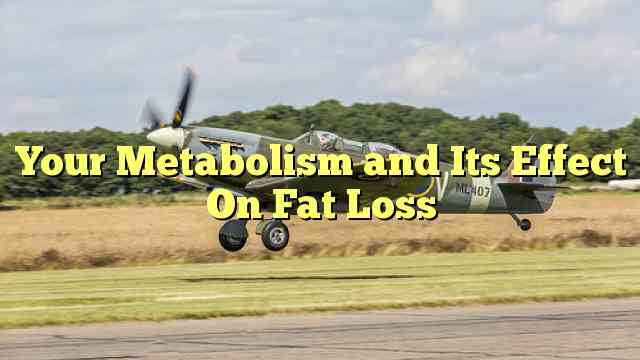
Metabolism is the process by which your body converts food into energy. Many people hold the belief that fat people have low metabolism rates and skinny people have high metabolism rates. However, the process is not that simple.
Your metabolism depends on three separate factors, and how it works affects how much you weigh. Metabolism is determined by the amount of calories you consume, factors such as age and sex, and how physically active you are.
If you consume excessive calories, you will eventually gain weight. Each human body is designed to run on a certain calorie amount. This can vary from person to person, but is between 1500 and 2500 calories for most adults. If you are trying to lose weight, it will be less.
Men generally need more calories per day than women, unless the woman is pregnant or breastfeeding. The rate at which your body burns these calories is your metabolism; if you burn them more slowly, you’ll gain weight. If you burn through extra calories quickly, you’ll maintain your weight.
Factors such as age, body composition, and sex also determine metabolism. If your body contains more muscle, your metabolism will be faster. If it contains more fat, your body will be slower.
For this reason, women’s metabolism often slows down after pregnancy. Excess fat is accumulated and stored on the hips and breasts. After pregnancy, it can be harder to lose this weight. Age also affects your metabolism; as you age, your metabolism slows down. This can lead to “middle age spread” if you don’t take action to burn those extra calories and kick your metabolism into high gear.
Your rate of physical activity greatly affects your metabolism. This is good news; it means you have some control over the situation! If your metabolism is slowing down due to age, gender, or other factors, you can boost it by exercising. The key to weight loss is burning more calories than you take in.
When you choose to exercise regularly and eat a healthy diet, weight loss is possible. Your metabolism will increase as you add muscle to your body remember; muscle burns more calories than fat!
To jump-start your metabolism, you may need to lower the amount of calories you’re consuming daily and up the amount of exercise you are doing. Choose aerobic and weight lifting exercises for maximum impact. Aerobic exercise burns fat, and weight training will add muscle. Both can greatly increase your metabolism, leading to healthy fat loss.
This article isn’t medical advice nor should it be interpreted or substituted as medical advice. This article is for informational purposes only. Prior to making changes to your physical exercise routine and your diet, you should always consult your personal physician. It is much better to be safe than sorry.






